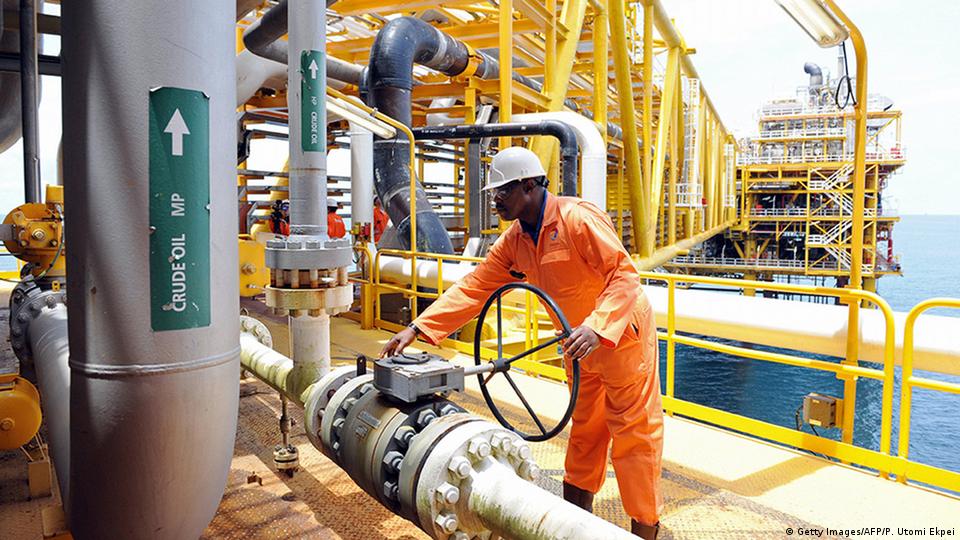Nigeria’s position as Africa’s largest oil producer has deteriorated, with the country now ranking third in the continent. Nigeria has long been the continent’s leading oil producer. Entrepreneurng reported in September 2022 that Nigeria had lost its position as the leading oil producer in Nigeria to Angola.
The monthly oil markets report (MOMR) from the Organization of Petroleum Exporting Countries (OPEC), as previously reported by entrepreneurng, shows Nigeria in third place. Nigeria now produces 1.014 million barrels per day (mbpd), trailing Algeria’s 1.060 mbpd and Angola’s 1.051 mbpd.
The big issue
For decades, crude oil has been a major source of revenue for the Nigerian economy. According to the National Bureau of Statistics, crude oil will be the country’s most exported item in the second quarter of 2022. (NBS). While Nigeria exported items worth N7.41 trillion, crude oil accounted for N5.9 trillion, or 79.77% of the total. Nigeria’s revenue fell in tandem with a reduction in production capacity.
Furthermore, despite being the primary source of revenue, crude oil’s contribution to Nigeria’s GDP is contrasting and minor. Oil contributed 7.42% of GDP in the corresponding quarter in 2021 (Q2); in the previous quarter, it contributed 6.63% of GDP. This means that the oil industry’s contribution to GDP is shrinking even further. According to the NBS, the Information and Communication Technology (ICT) industry accounts for 18.44% of the economy.
Nigeria’s foreign exchange earnings are primarily derived from crude oil. In recent months, there has been a scarcity of foreign currency in the country, combined with a weakening of the naira against foreign currencies, particularly the dollar. On the parallel market this month, the naira has traded at N800 to the dollar. The availability of FX has been further hampered by dwindling production capacity. Furthermore, Nigerian oil consumption has been fluctuating since the beginning of the year. According to reports, the country consumes 538,000 barrels of oil per day. Queues at gas stations are starting to form again in some parts of the country. This can be attributed to the country’s production capacity.
The way forward
Nigeria must chart a course to reclaim its position as Africa’s leading oil producer.
Stopping oil theft is one way Nigeria can reclaim its top spot. According to the NNPC’s group managing director, Mele Kyari, oil theft has been going on in the country for over 22 years. According to reports, Nigeria loses approximately 600,000 barrels of oil per day as a result of oil theft. According to OPEC figures, adding 600,000 barrels will automatically make Nigeria the largest producer of oil in Africa. Concerning vandalism, the Nigerian government previously awarded a contract to Tantita Security Services Nigeria Limited, which is owned by ex-Niger Delta militant Government Empemupolo, also known as Tompolo, to secure pipelines in the Niger Delta.
In addition, the country has been dealing with production shutdowns. According to Mele Kyari, the terminals at Brass, Forcados, and Bonny have been closed for months due to vandalism and oil theft. Aside from increasing output, terminals should be secured to ensure that crude oil sent to terminals arrives without being siphoned by criminals along the way.
The country has also been dealing with a technological shortage in the industry. Nigeria currently spends $17 per barrel of oil produced, with this figure fluctuating between $21 and $30. This has been attributed to a lack of investment and technology in the sector. Investing in the oil sector, particularly in technology, will aid in the production of more barrels of oil in a more efficient manner.











